‘Sorry for this shambles but I won’t quit’, says Liz Truss
Fighting for her job and credibility after her entire tax program has been abandoned the British PM apologised for ‘going too far and too fast’ but insists her job is safe.
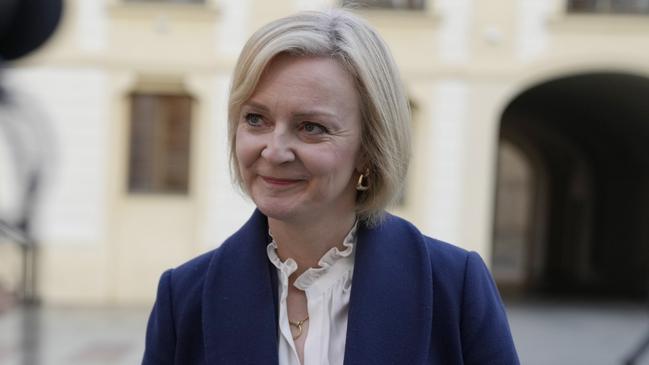
British families are facing annual energy bills of up to $10,000 after Prime Minister Liz Truss was forced to rip up her government’s entire economic strategy and issue a public apology to the nation.
In one of the most breathtaking U-turns in British political history, new Chancellor Jeremy Hunt in one fell swoop abandoned almost all of Ms Truss’s economic agenda and significantly reduced government assistance in the face of a surging energy crisis.
In a statement to parliament he announced that he was scrapping plans for £32bn ($58bn) worth of tax cuts promised by his predecessor less than a month ago.
Mr Hunt then foreshadowed raising taxes, despite the tax burden already being at its highest level in 70 years.
He said the government would need to make “eye-wateringly difficult” decisions to balance the books. He is weighing up a further windfall tax on the profits of oil and gas companies, and suggested that the government could break its manifesto commitment to raise the state pension in line with inflation.
The scrapping of government assistance for energy bills from April will leave average families paying $10,000 a year.
Ms Truss’s economic plan, to be paid for by increased government borrowings, so spooked the financial markets that the Bank of England had to intervene.
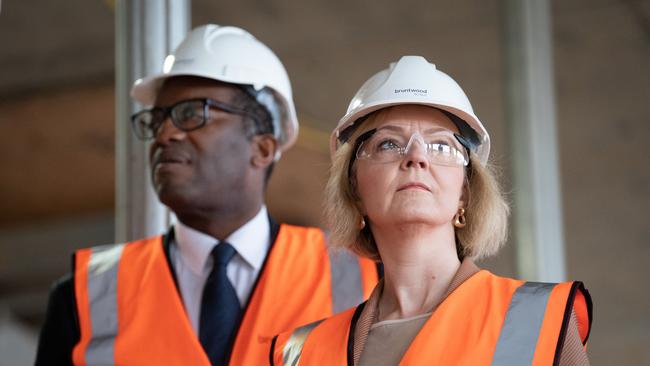
On Friday she sacked Kwasi Kwartang as chancellor and installed Mr Hunt. Despite saving £32bn with his announcement on Monday, the government still faces a £30bn-a-year shortfall.
Ms Truss, who has been Prime Minister for just six weeks, is now fighting for survival after abandoning the economic strategy that underpins her government. She is determined to stay on and has told allies that there is not a viable alternative who can command the support of Tory MPs.
“I will lead the Conservatives into the next general election,” she said on Monday (Tuesday AEST) in an interview with the BBC.
Ms Truss apologised for “going too far and too fast” with her economic reforms to try to stimulate growth and said she had known being Prime Minister was going to be “tough, and I was right”.
“I do want to accept responsibility and say sorry for the mistakes that have been made,” she said. “I wanted to act, to help people with their energy bills to deal with the issue of high taxes, but we went too far and too fast.
“I’ve acknowledged that. I put in place a new Chancellor with a new strategy to restore economic stability … I do think it is the mark of an honest politician who does say, yes, I’ve made a mistake. I’ve addressed that mistake. And now we need to deliver for people.”
The Institute for Fiscal Studies said the £32bn of tax savings were not enough to balance the books in the medium term and that the Chancellor would have to inflict more pain in a fiscal statement at the end of the month.
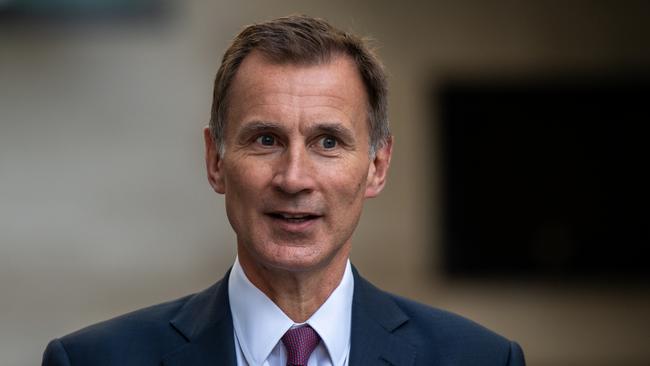
Paul Johnson, its director, said Mr Hunt’s announcements would not “undo the damage caused by the debacle of the last few weeks. But they are big, welcome, clear steps in the right direction.”
The Prime Minister had looked unwell when she finally appeared in the House of Commons on Monday after missing an urgent question tabled by the Labour opposition, delayed by a meeting with Sir Graham Brady, the head of the Tory backbench 1922 Committee.
Penny Mordaunt, the Conservative leader in the Commons, told MPs that Ms Truss had good reason not to be in the House.
“The Prime Minister is not under a desk,” she said, adding: “The decision taken by our Prime Minister would have been a very tough one, politically and personally, yet she has taken it and she has done so because it is manifestly in the national interest that she did.”
Rachel Reeves, the shadow chancellor, told her counterpart: “As I regularly say now, I welcome the new Chancellor to his place. The fourth in four months of chaos and fiasco as this Conservative government spirals down the political plughole.”
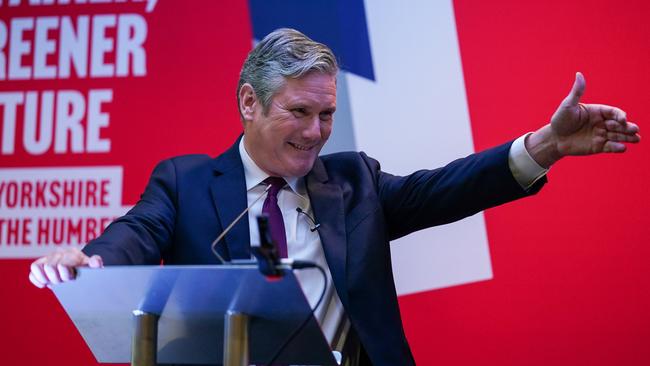
Ms Truss is on borrowed time, with the Tory Party trying to avoid a general election. A slew of opinion polls published on Monday showed Labour between 32 and 36 percentage points ahead of the Conservative Party. If an election were held now, that would result in a Labour majority of 350 seats and leave the Tories with 22.
Some within the Tory Party are considering whether to prop up Ms Truss as a puppet leader, rather risk another leadership change that could force an election.
Others believe it would be better to unite behind a new leader now and write-off Ms Truss’s short tenure as a bad mistake.
Defence Minister Ben Wallace is considered a viable option, while Mr Hunt’s early performance in calming the markets has been also viewed positively. Supporters of former chancellor Rishi Sunak are publicly calling for Ms Truss to go.
Tory MP Charles Walker told Sky News: “I can’t think of a time in the past 17 years as an MP and 40 years in politics where there has been such a monumental foul-up. Playing fast and loose with the public finances and seemingly not taking advice … So catastrophically incompetent.”
Additional reporting: The Times


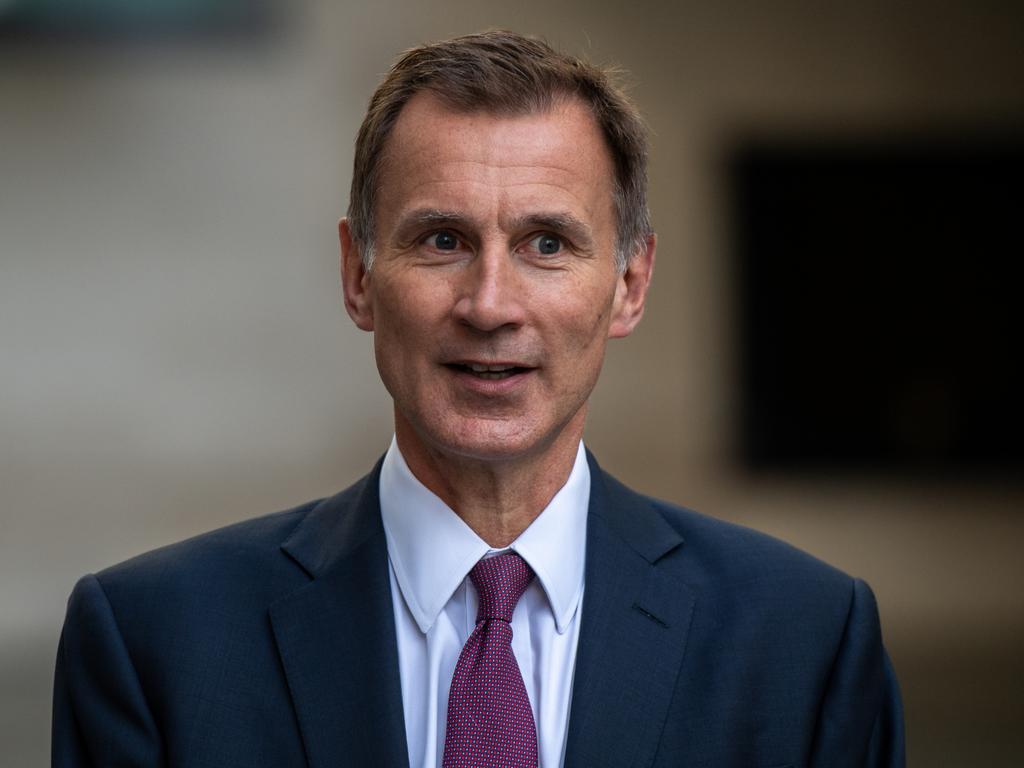
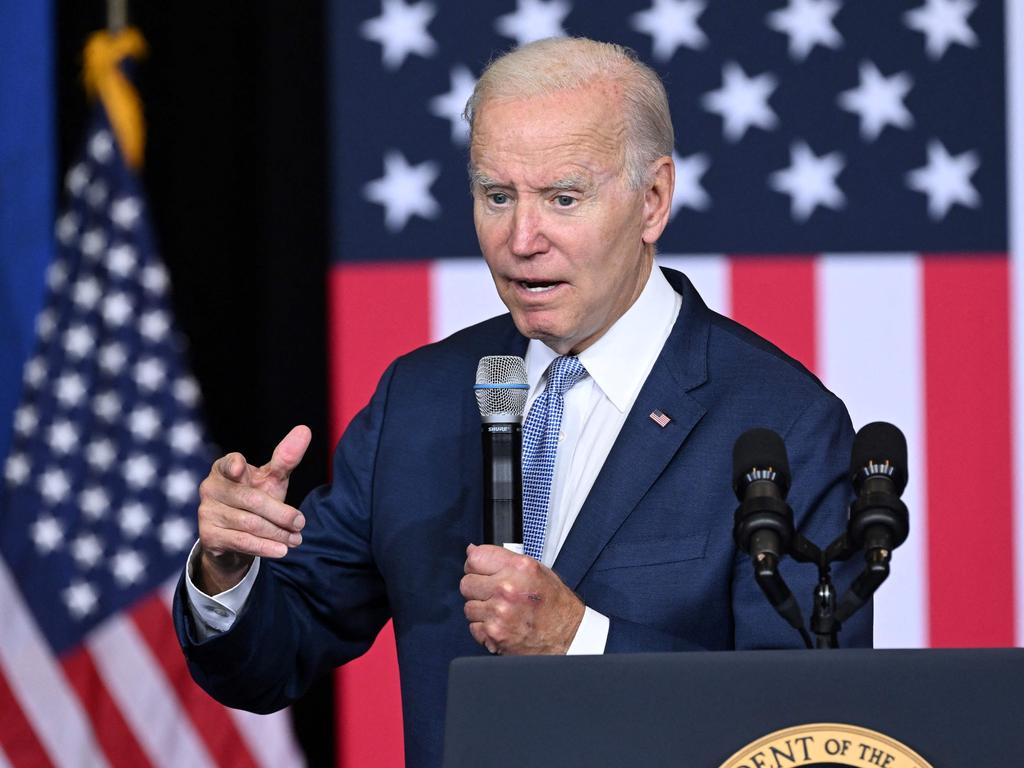



To join the conversation, please log in. Don't have an account? Register
Join the conversation, you are commenting as Logout